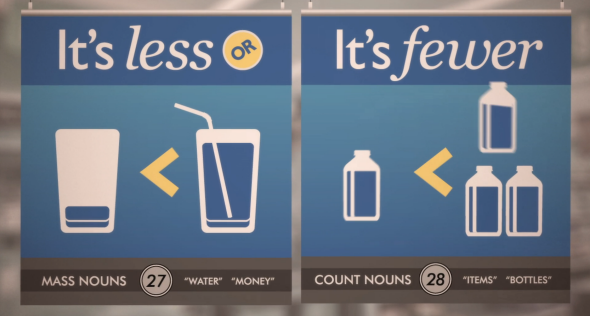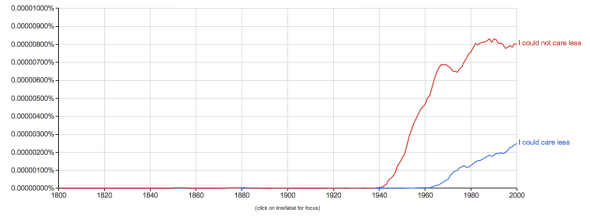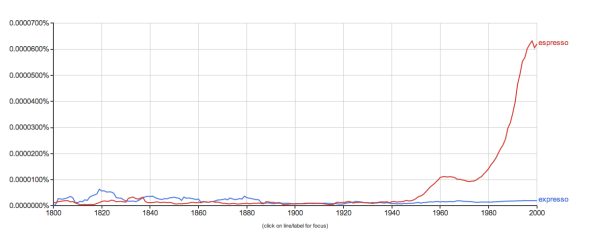Weird Al Is Tired of Your “Word Crimes” in New Video

Still from YouTube
“Weird Al” Yankovic is back with a vengeance this week, releasing a new video every day to celebrate the release of his new (and possibly last) album, Mandatory Fun. Yesterday he debuted the Jack Black- and Kristen Schaal-featuring video for “Happy” parody “Tacky,” and this afternoon he unveiled the video for his Robin Thicke parody “Word Crimes.”
As the title suggests, it’s a take on grammatical and orthographic blunders of all sorts set to the tune of 2013 megahit “Blurred Lines.” And apparently Mr. Yankovic is quite a prescriptivist. Let’s examine a few of Yankovic’s Rules of Usage.
“Less” vs. “fewer”

Still from "Word Crimes"
The graphic above from the video comes pretty close to nailing this one, though its use of supermarket checkout signs is misleading: SNOOTs often suggest that checkout signs should read “10 items or fewer,” but Oxford Dictionaries writes that this is a hypercorrection: “10 items or less” is perfectly fine.
“I could care less”
The phrase “I could care less,” when taken literally, is fairly nonsensical. New York Times language columnist William Safire called the phrase “a barbaric attack on meaning.” Still, it’s not going anywhere, and the phrase is not always as irrational as it might seem.

“Your participle is dangling”
As Strunk and White note, “A participial phrase at the beginning of a sentence must refer to the grammatical subject.” Otherwise, you risk calling yourself “dilapidated”:
Being in a dilapidated condition, I was able to buy the house very cheap.
“No X in espresso”
This misspelling is so common that it has its own Wikipedia page, but most writers know better:

The Oxford comma
Unlike Vampire Weekend’s Ezra Koenig and many other artists, “Weird Al” does give a f--k about the Oxford comma. Slate endorses the Oxford or serial comma, which can help to avoid misunderstandings (though commas themselves may be endangered).
“You should never/ write words using numbers/ Unless you’re seven/ Or your name is Prince.”
James Joyce might take exception to that, but Yankovic is wise to make room for Prince’s orthographic innovations.
“Never uses quotation marks for emphasis”
This seems obvious, but it’s more “common” than you might think.
“Irony is not coincidence”

Still from "Word Crimes"
True, though the image throws shade at Alanis Morissette (“rain on your wedding day”), and even Alanis has a defense:
3. Of a situation, event, or outcome: cruelly, humorously, or strangely at odds with assumptions or expectations; …
“… you said/ you ‘literally couldn’t get out of bed.’/ That really makes me want to literally/ Smack a crowbar upside your stupid head!”
I don’t blame Yankovic for being annoyed, but he shouldn’t react so violently: Literally to mean figuratively is literally in the dictionary. Even Mark Twain used it. Maybe Yankovic should stop being such a language bully and get this browser extension.
